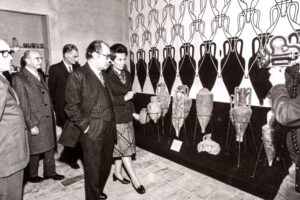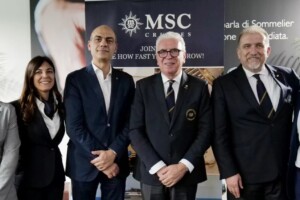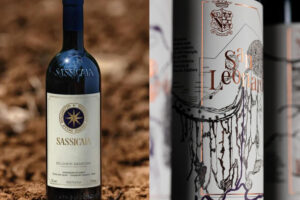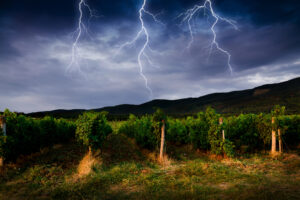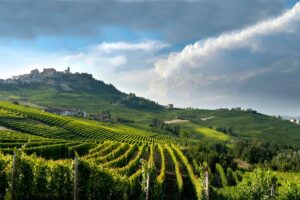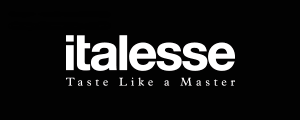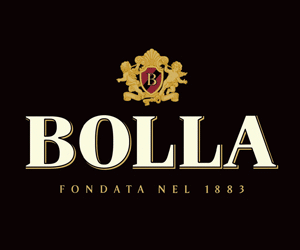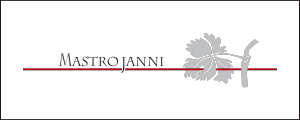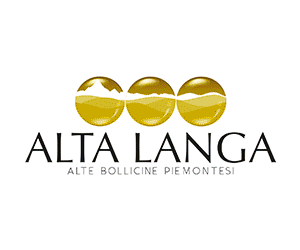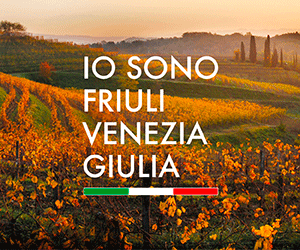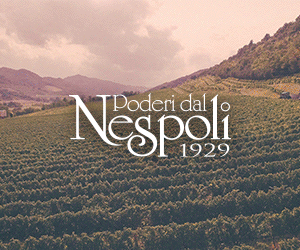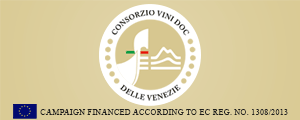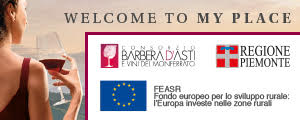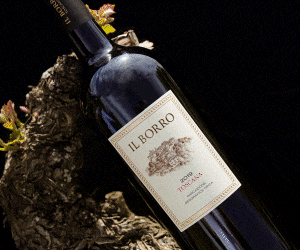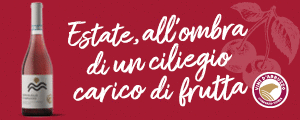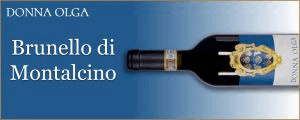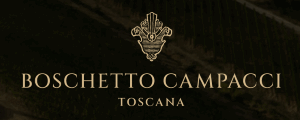Made in Italy on the table is soaring outside the EU: Exports of Italian food and drink grew 12% in the first five months of 2013 in "Third Countries", revealed the Italian farmers’ association, Coldiretti from Italian statistics institute, Istat data. The majority of non-EU exports for other European countries that are not part of the Union, are also the ones that grow the most (+11% compared to last year), and slightly exceed in absolute terms the United States (7%) and Asian countries (8%). "The most exported Italian food abroad”, said Coldiretti, “is wine.
It is a positive signal in view of the upcoming “Expo”, which represents the opportunity to let the true identity of Italian products be known abroad where the greatest enemy is low cost imitations and "Italian sounding" products that affect the most representative Made in Italy products. There are disturbing aberrations for sale on all the continents, from "Spicy Thai pesto" in the U.S. to "Parma salami" in Mexico, but also a strange Sicilian "mortadela" from Brazil, a "Calabrese salami" produced in Canada, "provolone" from Wisconsin and "chapagetti" products in Korea. The names Parmigiano Reggiano and Grana Padano are the most copied in the world: Parmesan has spread to all the continents, from the U.S. to Canada, Australia, Japan, but there is also Parmesao for sale in Brazil, Regianito in Argentina and Parmesao Reggiano throughout South America. Not to mention Romano, Asiago and Gorgonzola cheeses produced in the United States where there is also Californian Chianti and disturbing imitations of Calabrese headcheese, San Marzano tomatoes and Asiago cheese "passed off" as Italian. And in some cases historical brands are falsified, such as San Daniele mortadella and San Daniele prosciutto produced in Canada. We must fight a global deception to consumers”, concluded Coldiretti, “which causes economic damage to the image of Italian production, on an international level seeking an international trade agreement in the WTO for protection from false appellations".
Copyright © 2000/2024
Contatti: info@winenews.it
Seguici anche su Twitter: @WineNewsIt
Seguici anche su Facebook: @winenewsit
Questo articolo è tratto dall'archivio di WineNews - Tutti i diritti riservati - Copyright © 2000/2024












